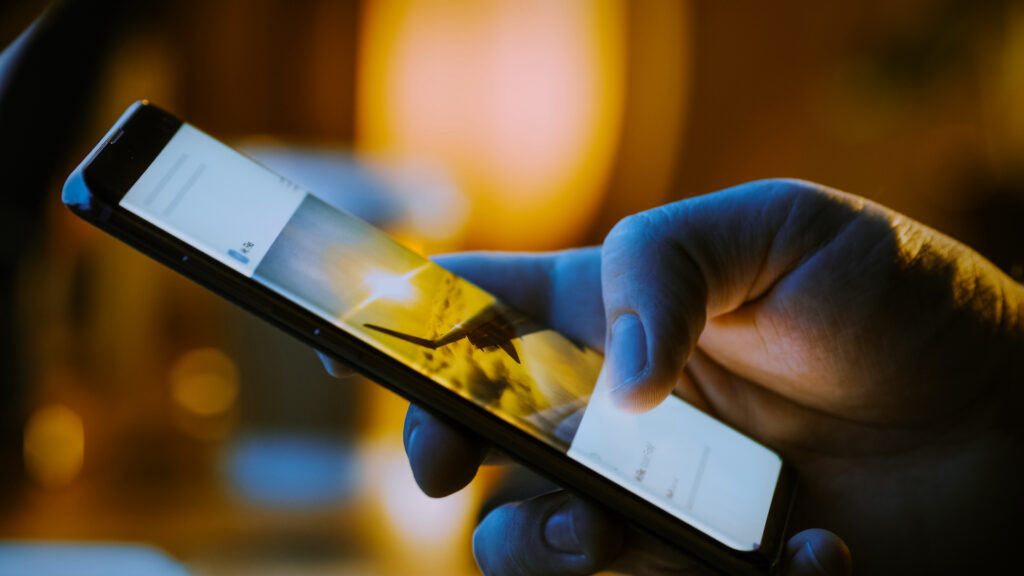Almost every single one of us owns a smartphone today and has online accounts on at least one social media platform. Some of us use them all. But how healthy is this new trend?
At no time in human history did we have such a wide-open window into people’s lives. Today, you don’t have to even know someone to have instant access to an infinite amount of pictures or even videos showing you what their lives are like (or how they want to exhibit what their lives are like).
An Endless Escape From Reality
Social media offers an immediate and potentially endless escape for those who feel bored, or who at least feel not excited enough, about their own lives.
Even though a lot of content on social media is erotic in nature, the kind of voyeurism social media offers is not only sexual. Social media voyeurism is the act of enjoying having a peek into people’s lives without participating in them.

When we are passively looking at pictures or watching reels on social media, what is actually happening in our psychology? Would we be doing this if we were truly satisfied with our lives? Can we be truly satisfied for as long as we continue to consume images and videos of just about anyone, and in such an endless and immediately accessible way?
What Are Our Intentions?
Study after study warns us about the addictive nature of smartphones and their constant notifications. Social media voyeurism simply adds gasoline to a fire that is already raging.
And we couldn’t have voyeurism without the exhibitionists. What is the psychology of someone who keeps posting pictures or videos of themselves on social media? What are they after? Is it “likes” as in recognition currency or can it be something different?
What are we trying to escape from when we exhibit ourselves literally for the whole world to see? What do we get from being passive consumers (voyeurs) of other people’s lives and perhaps bodies?
A Welcomed Distraction
Some studies suggest the average person today spends up to 4 hours on their cell phones a day. Most of this time is spent on social media platforms be it Instagram, Facebook, TikTok, etc.
What are we trying to distract ourselves from when we consume images and videos to such an extent? Is this our attempt to feel more connected in an otherwise more and more isolating world? Is it working?
I have a sense that the more time we spend on our phones, the less social we actually are. Can anything replace meeting with people in real life and having deep relationships with them? I don’t think so.
Connecting Outside of Devices
The high that we get from both receiving “likes” on social media as well as from watching people is the high we are missing in our own lives. So instead of trying to get turned on by social media, why not ask ourselves, “Why do I feel turned off in my life, to begin with?”

The pain we must face and work through includes our feelings of numbness, depression, and anxiety. It includes our low self-worth, shame, and guilt. The time we spend on social media easily becomes an addiction as long as we aren’t looking at the reasons why we are such consumers of these platforms.
Social media addiction can take away a lot more than just our time and attention. Isn’t it time to really connect?
– – – – – – – – –
At Sunshine Coast Health Centre we treat various types of addiction, including technology. We do allow technology during your stay, however, if a client is concerned with their level of screen time, our medical and clinical teams are here to help. Call us today to learn more about the services we offer.



